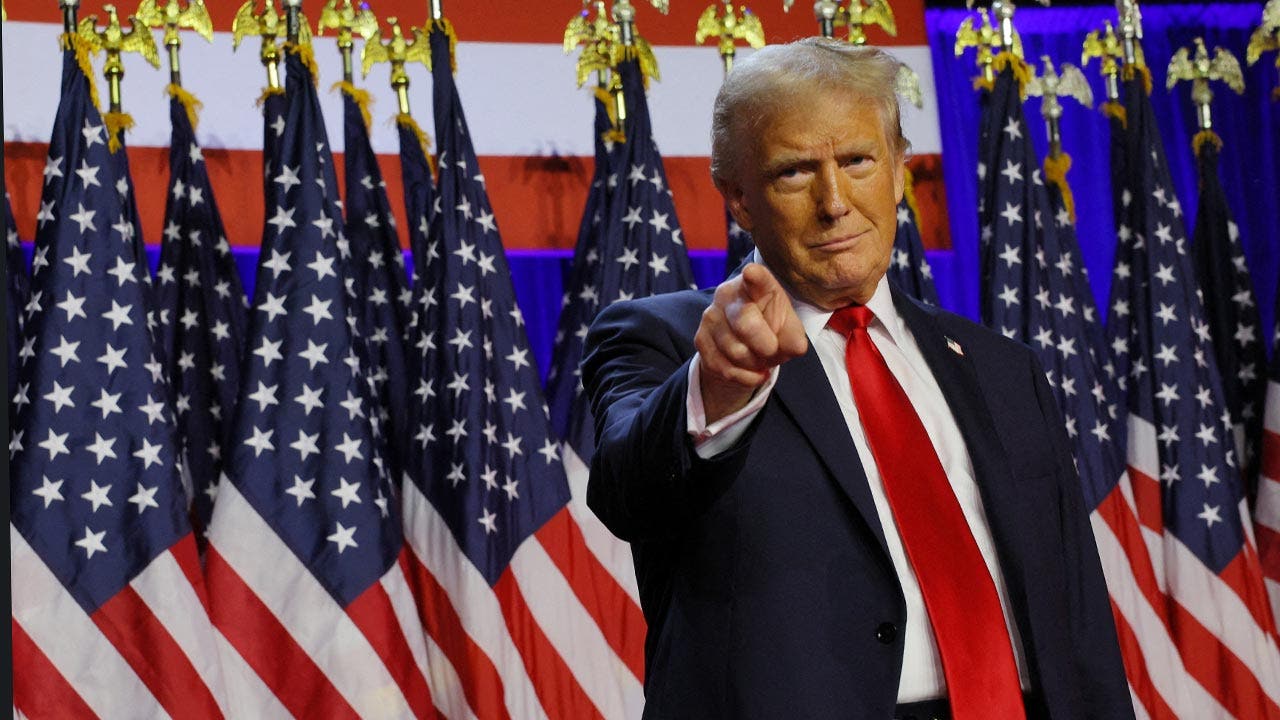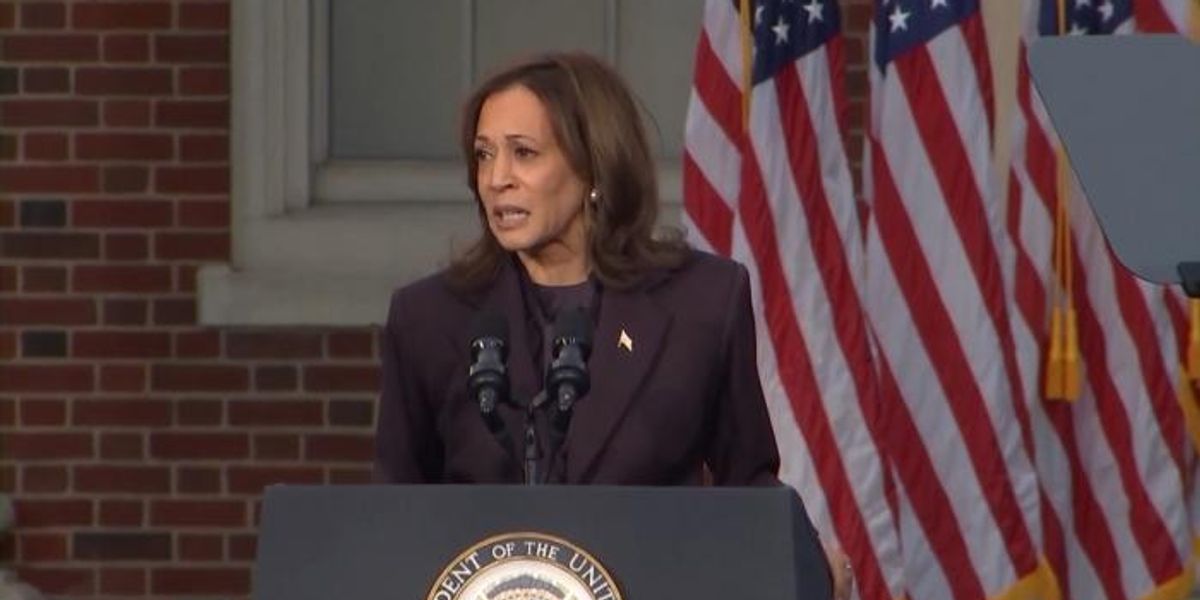It seemed unfathomable four years ago that the guy known for making electric cars and space tech would go on to play an instrumental role in shaping the discourse among the American electorate. Then again, nothing about U.S. politics is “normal” these days.
Amid the celebration of Donald Trump’s and Republicans’ election victories Tuesday night stands Elon Musk and his historic decision to purchase Twitter two years ago. What may have appeared as a trivial acquisition to some has been one of the most transformative decisions impacting freedom of speech in modern U.S. history.
Prior to Musk’s purchase, Twitter was just another weapon in the censorship industrial complex’s arsenal. The Big Tech company regularly colluded with the federal government to censor Americans whose posts — no matter how factually accurate — ran afoul of what regime bureaucrats found to be inconvenient to the dishonest narratives they pushed at any given time.
This unholy alliance knew no bounds, even going as far as to interfere in the 2020 election to the benefit of Joe Biden. When the New York Post dropped its infamous Hunter Biden laptop story documenting the Biden family’s foreign business dealings days before the 2020 contest, Twitter went into full-on censorship mode.
As documented in the Twitter Files, users were not permitted to share the story, even via direct message. The Big Tech company further removed links and posted warnings that the article may be “unsafe.”
It was only years later that Americans learned through testimony from FBI whistleblower Gary Shapley that the federal government pressured social media companies leading up to the 2020 election to censor the story’s findings — despite having authenticated Hunter’s laptop and its contents in late 2019.
Contrast this highly sophisticated censorship apparatus with how Musk has operated X.
Users no longer have to fear their posts will be shadow-banned or deleted for “wrong think.” Rather than act as the hall monitor of speech, the company serves as a platform where Americans and people from across the world can engage in conversation on an array of subjects without the threat of censorship looming over their heads.
Had Musk not purchased Twitter and left it in the hands of its previous anti-speech leadership, the free flow of information that’s taken place on the platform during the 2024 election cycle wouldn’t have been allowed to happen.
Reporting and conversations about verifiable election irregularities would have been shadow-banned, if not removed entirely. News reports casting Harris in an unfavorable light would have suffered the same fate as the Post’s Hunter Biden laptop story.
Without question, Musk’s purchase of Twitter was a monumental win for Americans’ free speech. His decision to allow users to exercise that right on X permitted a much fairer 2024 election than anyone could have hoped for.
Beyond his free speech advocacy, the SpaceX founder was heavily involved in using his influence and resources to help Trump win the White House. In addition to speaking at rallies while donning his “dark MAGA” hat, he launched and donated to a political action committee backing Trump and other Republican candidates.
Musk also made campaign stops in battleground states such as Pennsylvania, in which he gave “a series of talks” and simply asked those who wanted to attend to sign a petition “supporting free speech & [the] right to bear arms & have voted in this election.” He even started a daily $1 million giveaway to swing-state voters who signed the petition, a move the weaponized Biden-Harris Justice Department (unsurprisingly) threatened to take action against.
Musk didn’t have to lay his reputation — and potentially, his livelihood — on the line for Trump and Republicans. He could’ve easily stayed silent and left the election up to chance. The fact that he got so involved speaks to his character and concern for the future of the republic. and for that, Americans should be grateful.
Shawn Fleetwood is a staff writer for The Federalist and a graduate of the University of Mary Washington. He previously served as a state content writer for Convention of States Action and his work has been featured in numerous outlets, including RealClearPolitics, RealClearHealth, and Conservative Review. Follow him on Twitter @ShawnFleetwood

 By The Federalist (Politics) | Created at 2024-11-06 21:11:23 | Updated at 2024-11-06 23:41:10
2 hours ago
By The Federalist (Politics) | Created at 2024-11-06 21:11:23 | Updated at 2024-11-06 23:41:10
2 hours ago





